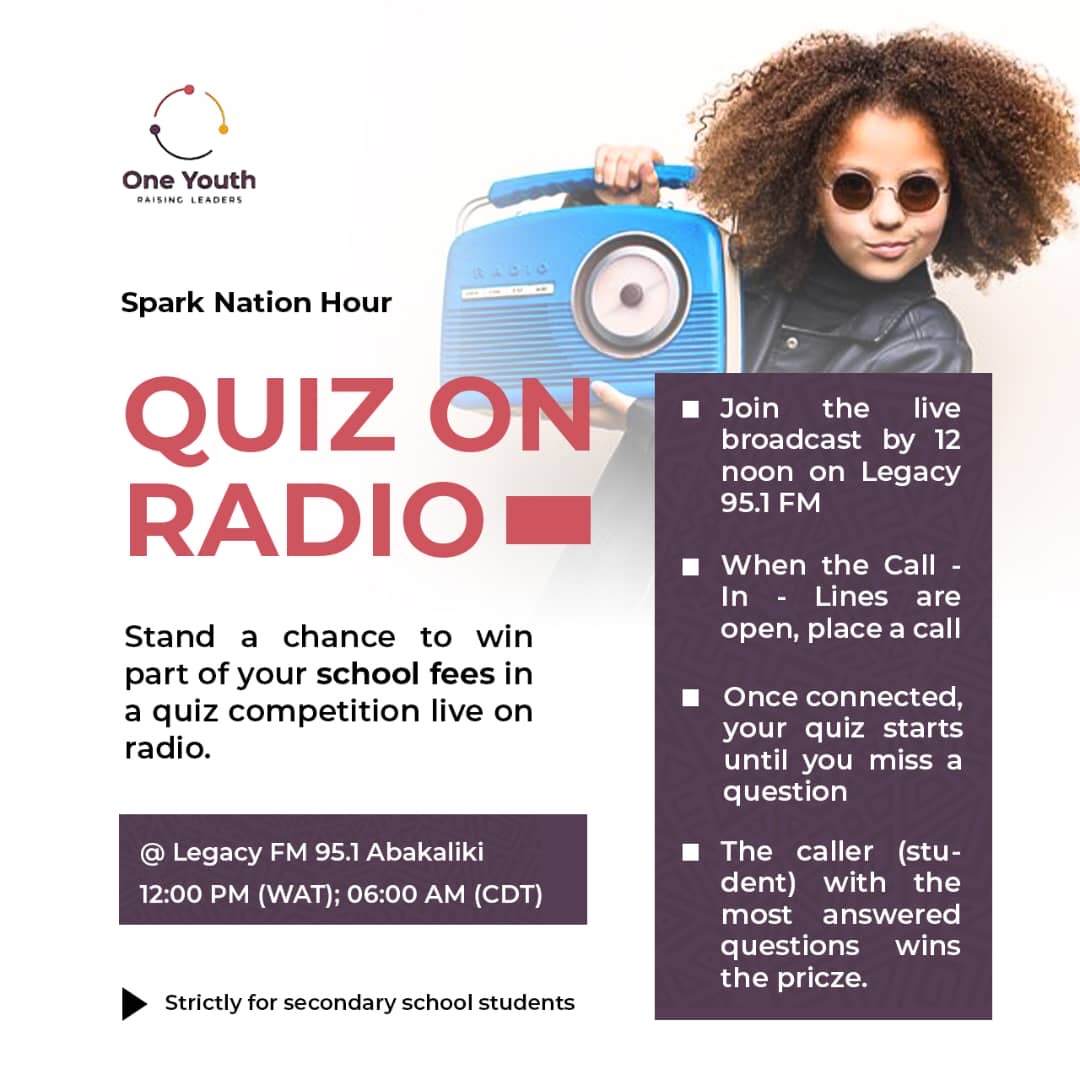Ebonyi State has recorded a notable increase in immunization coverage across its 13 Local Government Areas (LGAs), following timely interventions by UNICEF, the World Health Organization (WHO), and the State Government.
According to findings, LGAs such as Abakaliki, Ikwo, and Ohaukwu showed higher levels of participation during the recent immunization exercise.
Residents who spoke with our correspondent expressed gratitude for the program and suggested that future exercises be scheduled outside of the farming season to allow more parents to participate with ease.
Mrs. Roseline Okafor, participating for the first time, thanked the state government and its partners for prioritizing public health. “I really appreciate their concern for our lives,” she said.
Similarly, Mrs. Grace Nworie from Ikwo LGA reminisced about past immunization campaigns that came with incentives. “Even though we didn’t get gifts this time, I thank them for what they’ve done. I’ve been hearing about these people (UNICEF and WHO)—God bless them for me, and you too, Oga,” she added.
The campaign utilized the Novel Oral Poliovirus Vaccine Type 2 (nOPV2), a next-generation vaccine developed to combat the circulating vaccine-derived poliovirus type 2 (cVDPV2). This is part of both Nigeria’s and the global community’s strategy to end cVDPV2 transmission.
The National Immunization Plus Days (NIPDs) campaign, which ran from May 3 to May 9, 2025, targeted 1,328,787 children under the age of five (0–59 months) across all LGAs in the state.
During the official flag-off, UNICEF Nigeria Representative, Ms. Cristian Munduate, noted that the campaign followed the recently celebrated World Immunization Week (WIW), themed: “Immunization for All is Humanly Possible.”
“For over 50 years, UNICEF has remained a committed partner to governments in the fight against vaccine-preventable diseases. Our support includes cold chain systems, community engagement, logistics, operational planning, and technical assistance,” Ms. Munduate stated.
“Let us not overlook the impact of immunization,” she added. “Over the past five decades, vaccines have saved an estimated 154 million lives—101 million of them infants. That’s six lives every minute.”
She called on health workers, institutions, partners, traditional rulers, and community leaders to work together to ensure every eligible child receives the vaccines, especially in hard-to-reach areas.
“These vaccines are free, safe, and effective. We encourage parents and caregivers to make their children available for immunization,” she said. “With collective effort, we can eradicate polio and build a healthier future for all children in Ebonyi, in Nigeria, and beyond.”
Stay updated with Ebonyi News Network for real-time reports, in-depth analysis, and exclusive coverage of policies shaping Ebonyi State.

